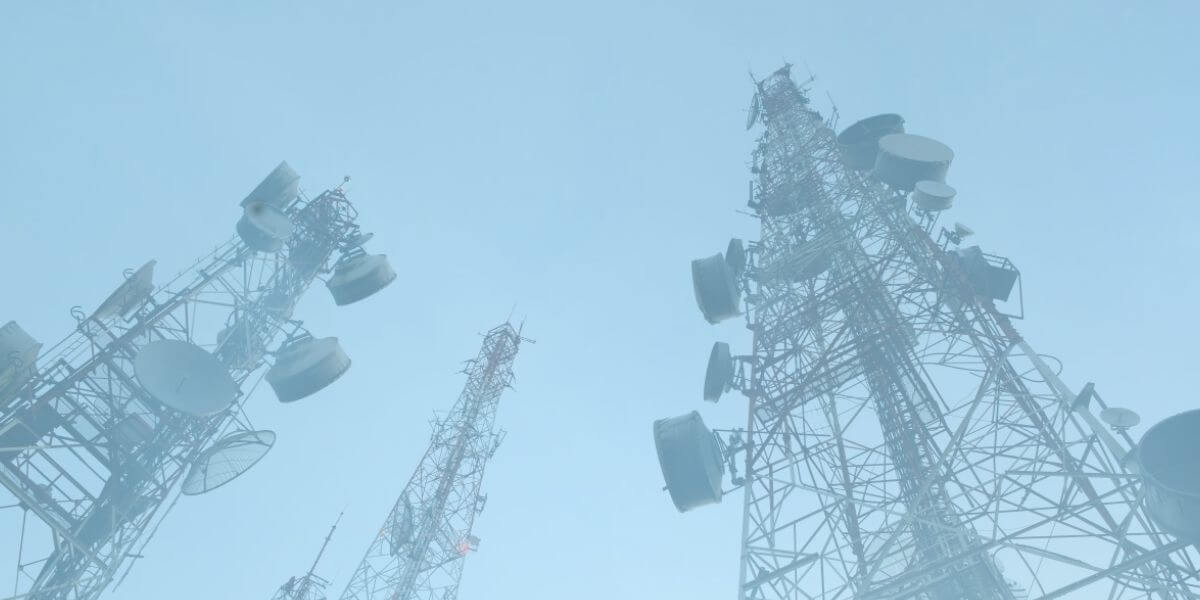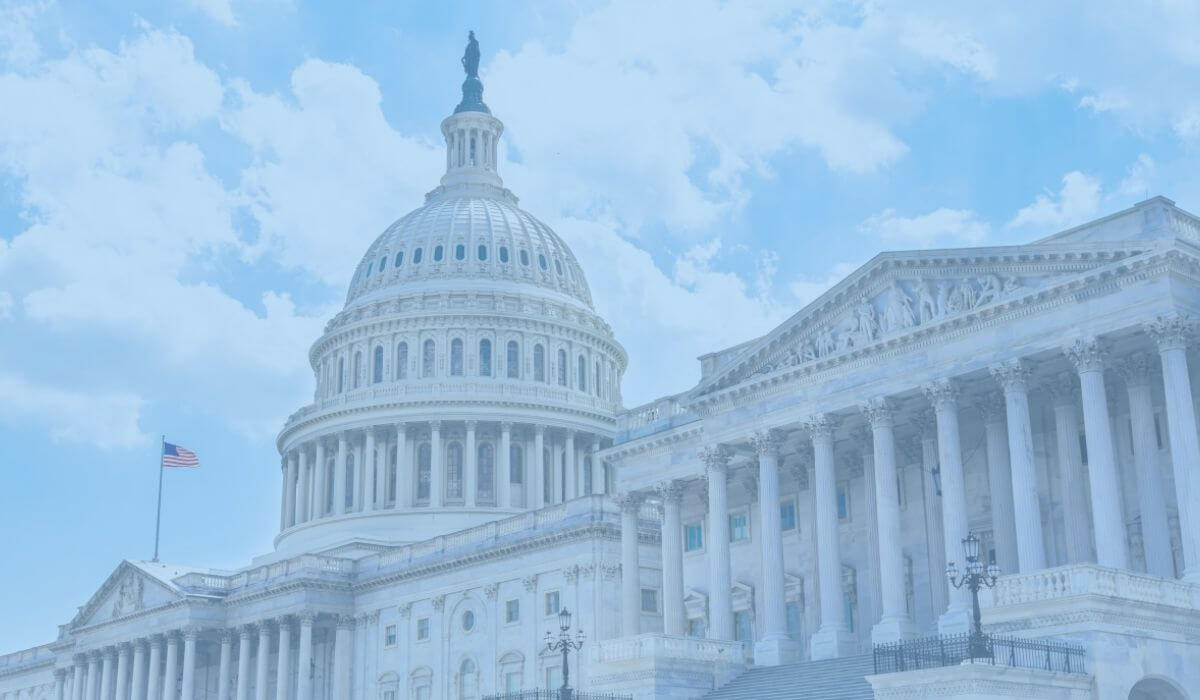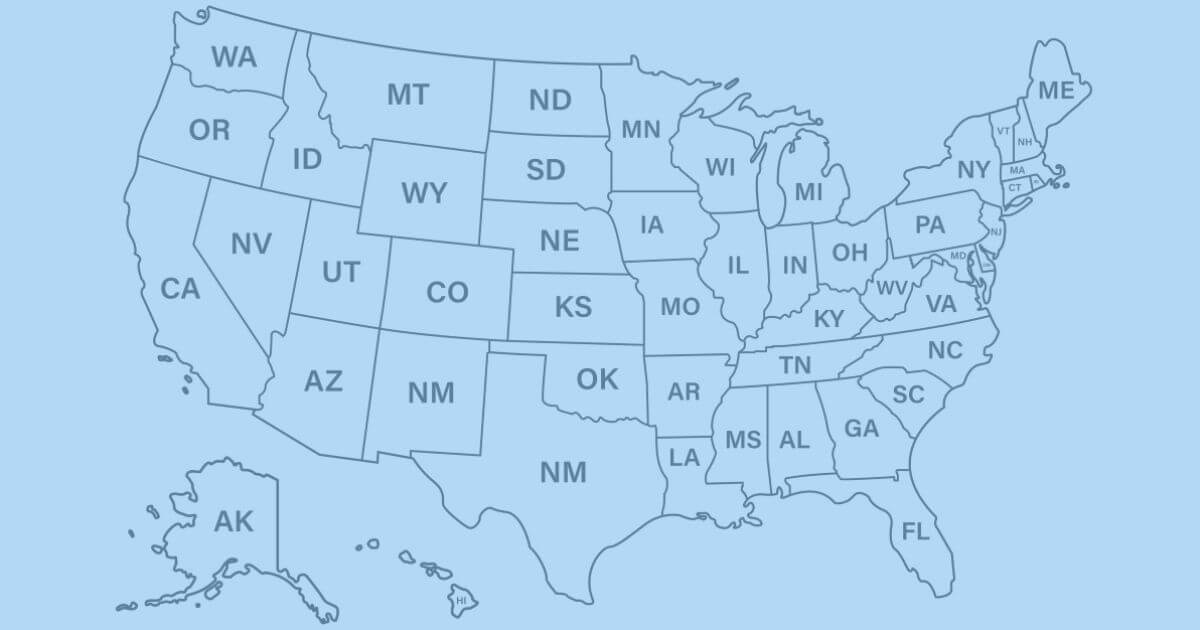Lower your internet bill
61% of people overpay for their internet.
Are you one of them?
Unlock exclusive offers in your area!
Call now
[tel]Enter zip code
1 Star is Poor & 5 Stars is Excellent.
* Required

Written by Rosslyn Elliott - Pub. Mar 29, 2024 / Updated Mar 29, 2024
Table of Contents
Are you happy with your Internet service?

About the author
Have you ever thought about how much control the internet has over our society and our economy?
What if internet providers started cutting deals to make sure you only saw some kinds of information, and not others?
Imagine if they filtered internet traffic so you could only see information from their business partners, instead of from everyone in the marketplace.
What if a political party paid a huge internet provider big bucks to filter out all the information from the opposing side?
Authoritarian countries such as China do take control over what their citizens can see on the internet [1]. But for now, internet in the United States is still relatively free for speech and business. To keep it that way, we will need some kind of net neutrality to be part of U.S. law.
Net neutrality is the principle that all internet traffic should be treated equally.
Legally, net neutrality means that ISPs cannot block, slow down, or charge extra fees based on who you are or what organization you represent. ISPs can’t decide to filter out or throttle certain websites, apps, or online services.
Under net neutrality, everyone who is behaving lawfully will get the same access to the internet and can enjoy the benefits of a free and open web.
Net neutrality applies to anyone who has the power to control internet access, whether that is an internet service provider or a government.

Net neutrality protects free speech
Net neutrality matters because it protects our access to free speech, information, and education online.
Without net neutrality, ISPs could decide what we see, hear, and do on the internet.
They could create fast lanes for users who can afford to pay more and slow lanes for everyone else.
Internet providers could give an unfair advantage to certain content providers.
Net neutrality prevents ISPs from interfering with our online choices and experiences.
There’s one overwhelming question in court right now about net neutrality.
Is the internet:
Whether or not the internet falls under “telecom” makes a huge difference in how the Federal Communications Commission (FCC) can regulate the ISPs.
A telecommunications service is a utility that transmits information, such as telephone or cable. All a telecom service does is transmit information: it doesn’t change it.
An information service allows users to create, store, or transform information via the internet. So, an email service alone (like Gmail) would qualify as an information service.
But here’s the problem: that difference is not really as clear as it seems. Some ISPs are trying to argue that because they often provide services like email, they are not telecom services.
But we can all tell there is a difference between Cox, which provides your internet connection, and Gmail, which just *uses* your internet connection.
Now, Google Fiber is an internet provider too. So, if Google Fiber provides your fiber internet connection, they are your ISP. But you can get Gmail from any internet connection. Google is not automatically a telecom service for you unless they provide your actual internet connection.
Doesn’t it seem obvious that any company that provides you with a basic utility such as an internet connection is different from a software platform that does NOT provide an internet connection?
It seems as if it would be pretty simple for courts to say, “The part of the company that provides you with your internet connection is telecom. The part that gives you an email address is an information service.”
But some internet providers are fighting that answer [2]. They don’t want the consequences that would happen if they were classified under telecom services.
A telecommunications service has to follow much stricter rules than an information service,
Most importantly, telecom companies by law must serve the public interest and not discriminate against any customers or content.

Telecom service vs. information service
Net neutrality has been a controversial issue for many years. Here are some of the main pros and cons that people bring up for net neutrality:
The status of net neutrality in the United States has changed several times over the years, depending on the political environment.
Here is a brief timeline of the major events that have shaped the net neutrality debate:
In 2015, under the Obama administration, the FCC adopted the Open Internet Order [3]. This order established net neutrality rules for the first time. The order defined broadband internet as a telecommunications service under Title II of the Communications Act of 1934 [4]. That definition gave the FCC the authority to enforce net neutrality.
The order prohibited ISPs from blocking, throttling, or prioritizing any lawful internet traffic. ISPs were also required to disclose their network management practices and terms of service. The order applied the same rules to both fixed and wireless internet providers.
In 2018, under the Trump administration, the FCC repealed the Open Internet Order. That repeal ended net neutrality.
The Restoring Internet Freedom Order reclassified broadband internet as an information service under Title I of the Communications Act of 1934 [5]. That meant the FCC could no longer regulate ISPs.
The repeal eliminated the rules that prevented ISPs from blocking, throttling, or favoring any internet traffic. The Federal Trade Commission (FTC) became the organization that would have to protect consumers online. But the FTC’s powers were far weaker than the FCC’s powers.

Will U.S. net neutrality return?
In 2023, under the Biden administration, the FCC announced its intent to restore net neutrality [6].
The FCC plans to reinstate net neutrality rules in 2024 with the Save the Internet Act.
This bill passed the House of Representatives in 2019 but stalled in the Senate. The Save the Internet Act would restore the 2015 Open Internet Order.
If the bill passes, ISPs will no longer be able to control any internet traffic by giving preferential treatment.
The future of net neutrality is still in doubt.
Whether it survives in the U.S. will depend on the outcome of the 2024 election, the decisions of the courts, and the actions of the ISPs [7].
Net neutrality is not just a US issue. Different countries have different approaches to internet regulation. How much freedom people have on the internet is often related to how much freedom of speech is allowed in general in that country.
Here are some of the key aspects of the future of net neutrality:
Net neutrality affects internet users and providers in every country.
Some of the countries with net neutrality rules or principles include the European Union, Canada, India, Japan, Brazil, and Chile [8].
Some of the countries that have limited or no net neutrality protections include China, Russia, Iran, Turkey, and Saudi Arabia [9,10]. Don’t be confused by articles online that tell you that some of these countries have “net neutrality” laws.
Often, authoritarian countries will pass laws that they label “net neutrality,” but they still practice major government censorship. This is not true “net neutrality.” Ironically, Russia mandates net neutrality for all ISPs except the Russian government [11].

Censorship is not net neutrality
The current status of U.S. net neutrality in 2024 is that there are no federal rules or laws that protect net neutrality [12].
ISPs are free to slow down, filter, or play favorites with any internet traffic as long as they disclose their practices.
Lawmakers and advocacy groups are making progress to restore net neutrality at the federal level. But there are some potential problems ahead.
Meanwhile, several states have enacted their own net neutrality laws or executive orders. This can create some problems. State laws can create a patchwork of regulations that conflict with each other or the federal government.
Also, several lawsuits have been filed by consumer groups, tech companies, and state attorneys general. These lawsuits are coming from both sides of the net neutrality debate.
People across the U.S. are strongly divided about internet regulation. But a majority of Americans support net neutrality [13].
Net neutrality has received support from various companies and groups in the U.S., especially from the tech sector, the online content and service providers, and consumer and civil rights advocates.
Some of the companies and groups that have supported net neutrality in the U.S. include:

Who supports net neutrality?
Net neutrality has faced opposition from various companies and groups in the U.S., mainly from the telecom sector, the internet service providers, and the free market and conservative advocates.
Some of the companies and groups that have opposed net neutrality in the U.S. include:

Some states have net neutrality laws
A number of states have passed their own net neutrality laws in response to the repeal of federal net neutrality rules in 2018 [24]. Some of the states with net neutrality laws include [25]:
Net neutrality means that all internet traffic is treated equally by internet service providers.
Net neutrality is important for ensuring a free and open internet, where users can access any website, service, or information they want, without interference from ISPs.
Net neutrality protects your right to access any online content you choose, without paying extra fees, facing slower speeds, or encountering blocked or censored websites. It also ensures that you can upload content without being censored, as long as your content is legal.
Net neutrality is not currently part of U.S. law. The FCC is moving to try to change that in 2024 by once again defining internet service as a telecommunications service. If that effort succeeds, net neutrality will return, and the FCC will regulate internet services.

Net neutrality means open internet access
[1] NYTimes.com. “China’s Censored Search Engines.”
[2] Reuters.com. “U.S. Chamber, Comcast Oppose Plan to Reinstate Net Neutrality.”
[3] FCC.gov. “FCC Releases Open Internet Order.”
[4] BJA.OJP.gov. “Communications Act of 1934.”
[5] FCC.gov. “FCC Releases Restoring Internet Freedom Order.”
[6] NYTimes.com. “FCC Net Neutrality Vote.”
[7] PublicKnowledge.org. “Biden Administration Urges FCC to Adopt Net Neutrality.”
[8] Spectrum.IEEE.org. “Countries around the world tackled net neutrality in different ways.”
[9] FreedomHouse.org. “Turkey.”
[10] FreedomHouse.org. “Saudi Arabia."
[11] Spectrum.IEEE.org. “Countries around the world tackled net neutrality in different ways.”
[12] Brookings.edu. “Net Neutrality is About More than Just Blocking and Throttling.”
[13] ConsumerReports.org. “Most Consumers Still Want Strong Net Neutrality Rules.”
[14] Mashable.com. “Tech companies are pushing everyone to join the fight for net neutrality.”
[15] Geekwire.com. “Microsoft, Apple, Amazon, T-Mobile Take a Stand for Net Neutrality.”
[16] WashingtonPost.com. “Wikipedia’s Complicated Relationship with Net Neutrality.”
[17] Etsy.com. “Net Neutrality.”
[18] Kickstarter.com. “Supporting an Open Internet.”
[19] ACLU.org. “ACLU Commends FCC Decision.”
[20] EFF.org. “FCC Expected to Propose Return of Net Neutrality.”
[21] CTIA.org. “CTIA, US Telecom, NCTA and ACA File Joint Lawsuit Against Vermont.”
[22] AEI.org. “Why Resurrect Net Neutrality?”
[23] Heritage.org. “Why Congress Shouldn’t Restore Net Neutrality.”
[24] Ballotpedia.org. “Net neutrality responses by state.”
[25] Pubs.NARUC.org. “State responses to net neutrality."

About the author
Congratulations, you qualify for deals on internet plans.
Speak with our specialists to access all local discounts and limited time offers in your area.
[tel]61% of people overpay for their internet.
Are you one of them?
Unlock exclusive offers in your area!
Call now
[tel]Enter zip code